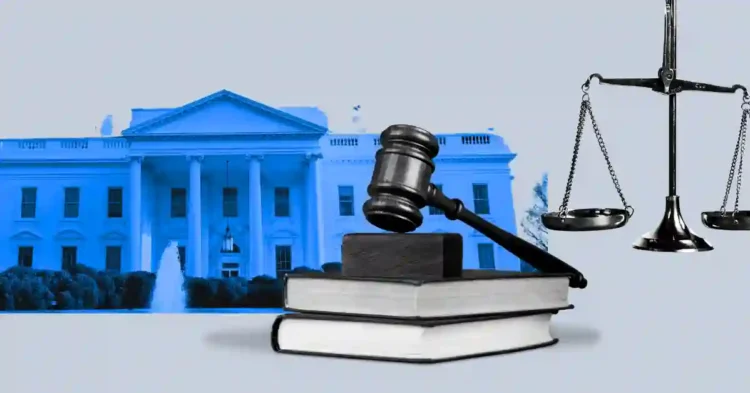In a significant development, the U.S. Internal Revenue Service (IRS) has introduced new regulations that categorize certain decentralized finance (DeFi) protocols as brokers. This landmark decision mandates these platforms to disclose Know Your Customer (KYC) information for digital asset transactions, a move that has sent ripples through the cryptocurrency community. The IRS anticipates that approximately 875 DeFi brokers may fall under the purview of these fresh regulations, sparking immediate and widespread community backlash.
Understanding the New IRS Regulations
To put it simply, the newly proposed IRS rules require specific DeFi platforms that facilitate the buying and selling of digital assets to operate in a manner akin to brokers. This shift implies that these platforms must adhere to stringent KYC requirements, a development that has raised significant security concerns among investors. Legal experts have voiced strong objections, arguing that this move may infringe upon constitutional rights. Despite these concerns, the IRS maintains that these regulations are necessary to ensure proper tax compliance.
Community Concerns and Reactions
The introduction of these requirements has sent waves of concern across the crypto world. Many stakeholders worry about the implications for privacy and the potential stifling of innovation within the sector. The debate has also extended to legal circles, where experts argue that the regulations could represent an overreach of government authority.
Lawsuit Filed to Counter the IRS Rule
In light of the controversy, a coalition of cryptocurrency advocacy groups, including the Blockchain Association, the DeFi Education Fund, and the Texas Blockchain Council, has initiated legal action against the IRS. The lawsuit contends that the new broker regulations violate the Administrative Procedure Act and are unconstitutional.
Kristin Smith, CEO of the Blockchain Association, has been vocal in her opposition to the regulations, calling for their reversal. She expresses optimism that the forthcoming pro-crypto Congress and Administration under Donald Trump will recognize the potential harm of these regulations on innovation.
Legal Experts Weigh In
The legal community is also rallying against the new regulations. Jake Chervinsky, chief legal officer at Variant, describes the rule as “the dying gasp of the anti-crypto army” and advocates for its reversal through judicial or legislative means. Miles Jennings, general counsel of a16z Crypto, has criticized the rule as an excessive extension of the term “effectuate transactions,” warning that it could allow the IRS to exert control over or even prohibit DeFi platforms.
Speculation and Political Implications
Speculation abounds regarding the political motivations behind these regulations. Some observers suggest that the Biden administration may be attempting to thwart Trump’s crypto-friendly policies. The crypto community remains united in its opposition, viewing the rules as a possible infringement on constitutional rights. With the transition to a pro-crypto administration imminent, the handling of these regulations by Congress will be closely watched.
The unfolding legal battles and political dynamics underscore the growing importance of cryptocurrency regulations and the ongoing struggle for a balanced approach that fosters innovation while ensuring compliance.











